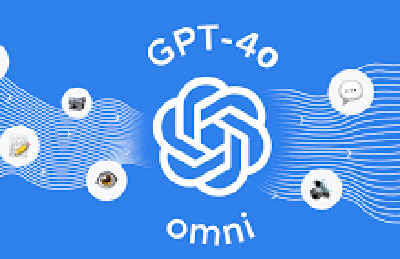In a significant strategic pivot, OpenAI has re - entered the open - source arena with the launch of two new weight - open language models, gpt - oss - 120b and gpt - oss - 20b. This move, marking their first foray back into open - source since the release of GPT - 2 in 2019, has sent shockwaves through the global AI community.
OpenAI's official announcement revealed that these models are released under the Apache2.0 license. This allows developers worldwide to freely download, modify, and even use them for commercial purposes without major restrictions. The gpt - oss - 120b and gpt - oss - 20b models feature a Mixture of Experts (MoE) architecture with 117 billion and 21 billion parameters respectively, activating 5.1 billion and 3.6 billion parameters. This innovative design strikes a balance between high - performance reasoning and efficient resource utilization.
The gpt - oss - 120b model stands out for its ability to operate on a single NVIDIA H100 GPU with 80GB of memory. This makes it an ideal choice for data centers or high - end enterprise setups. In terms of performance, it closely rivals OpenAI's proprietary o4 - mini model. It shines particularly in competitive programming on platforms like Codeforces, general problem - solving tasks (as measured by benchmarks such as MMLU and HLE), and health - related queries on HealthBench.
On the other hand, the gpt - oss - 20b model is engineered for edge - device applications. Requiring only 16GB of memory, it can run smoothly on a wide range of devices. Its performance is on par with the o3 - mini model, and it demonstrates exceptional capabilities in areas such as competitive mathematics, as seen in the AIME 2024 & 2025 competitions.
Both models support an impressive context length of up to 128k tokens. They employ an alternating dense and locally banded sparse attention mechanism, along with grouped multi - query attention techniques, which significantly enhance their reasoning efficiency. Additionally, OpenAI's open - sourcing of the 'o200k_harmony' tokenizer further simplifies the development process for AI enthusiasts and professionals alike.
This return to open - source by OpenAI is more than just a technical release; it represents a significant shift in the company's strategy. It not only provides a powerful boost to the global AI developer community but also has the potential to accelerate the pace of AI innovation and democratize access to advanced AI technologies. As developers around the world start to explore and utilize these new models, we can expect to see a wave of creative applications and technological advancements in the near future.





